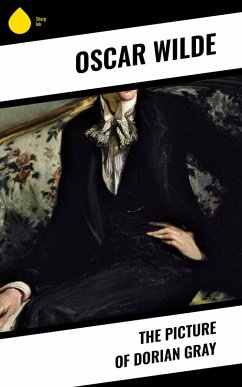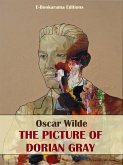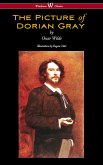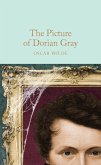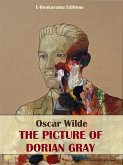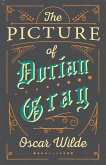Oscar Wilde's "The Picture of Dorian Gray" is a masterful exploration of the interplay between aestheticism and moral corruption, encapsulated in the tale of a young man whose portrait ages while he remains eternally youthful. Written in a lush, epigrammatic style characteristic of Wilde's wit, the novel delves into themes of vanity, hedonism, and the pursuit of beauty at the expense of the soul. Set against the backdrop of Victorian England, a society grappling with strict moral codes, the narrative serves as a critique of the superficial nature of social conventions and the moral decay lurking beneath a polished surface. Oscar Wilde, a prominent figure in the Aesthetic Movement, fused his literary talent with a keen philosophical inquiry into ethics and art. His own life, marked by scandals and societal rejection, deeply informed the creation of Dorian Gray as he wrestled with the consequences of living an art-centered existence. His experiences illuminate the novel's exploration of identity and conscience, encapsulating a profound tension between one's public persona and private desires. This timeless work is highly recommended for readers interested in the complexities of human nature and the ethical dilemmas stemming from the pursuit of beauty. Wilde's incisive wit and philosophical depth render the novel not only a gripping narrative but also a poignant meditation on the costs of hedonism-inviting readers to reflect on their own ethical choices in a world consumed by appearances.
Dieser Download kann aus rechtlichen Gründen nur mit Rechnungsadresse in A, B, BG, CY, CZ, D, DK, EW, E, FIN, F, GR, HR, H, IRL, I, LT, L, LR, M, NL, PL, P, R, S, SLO, SK ausgeliefert werden.

